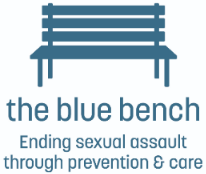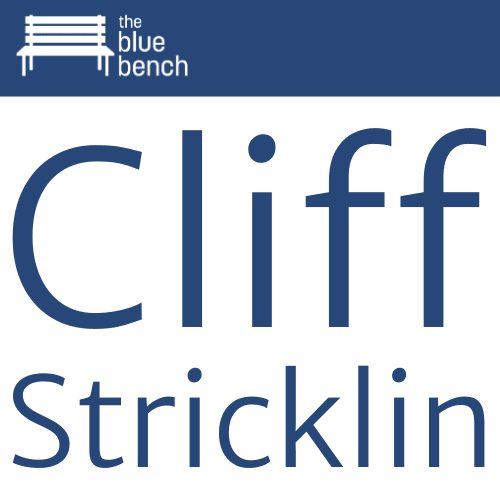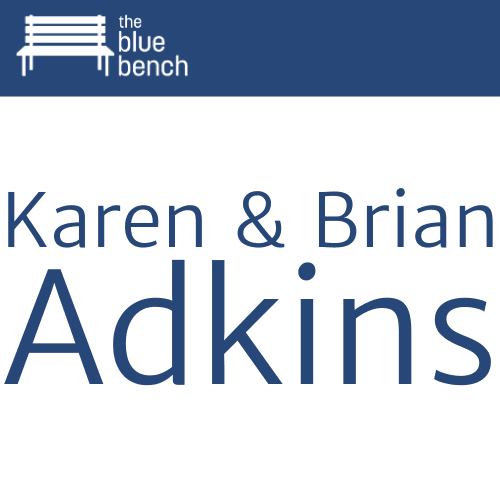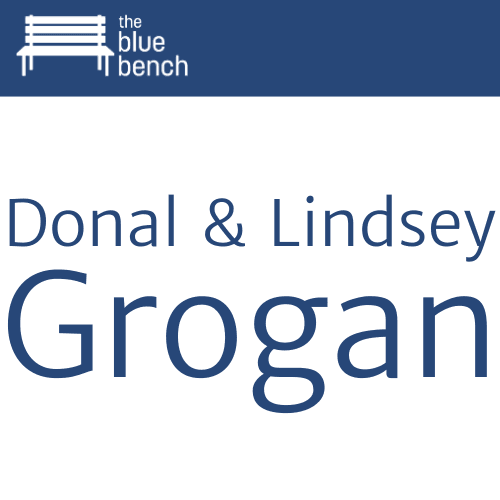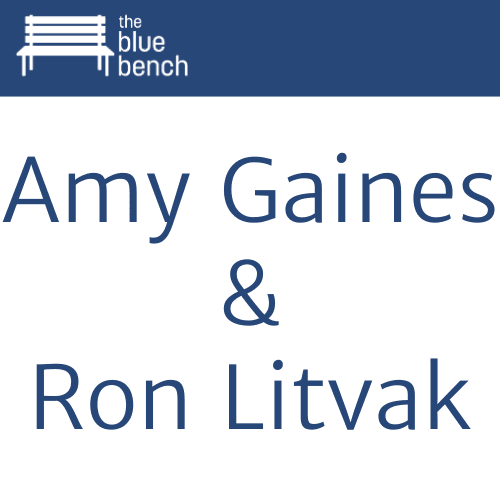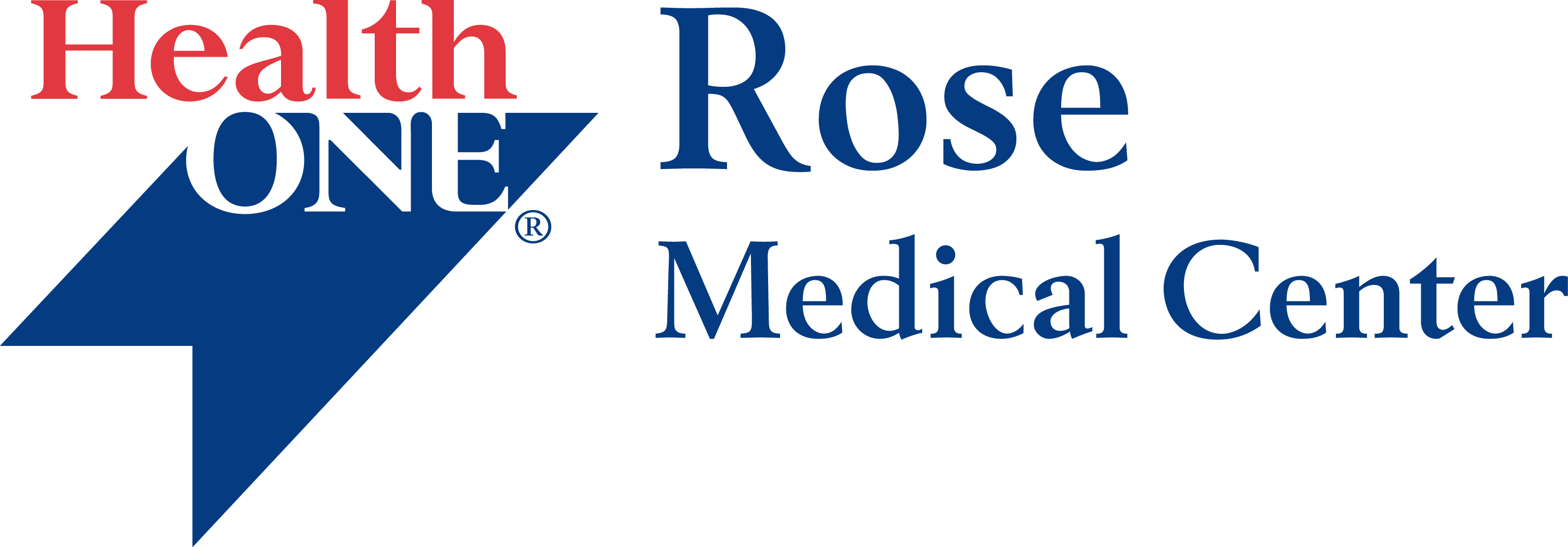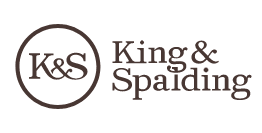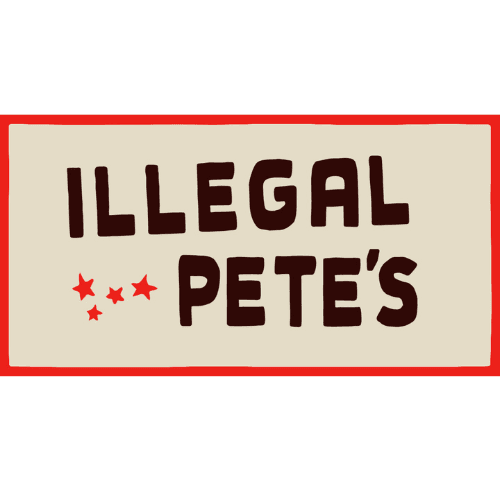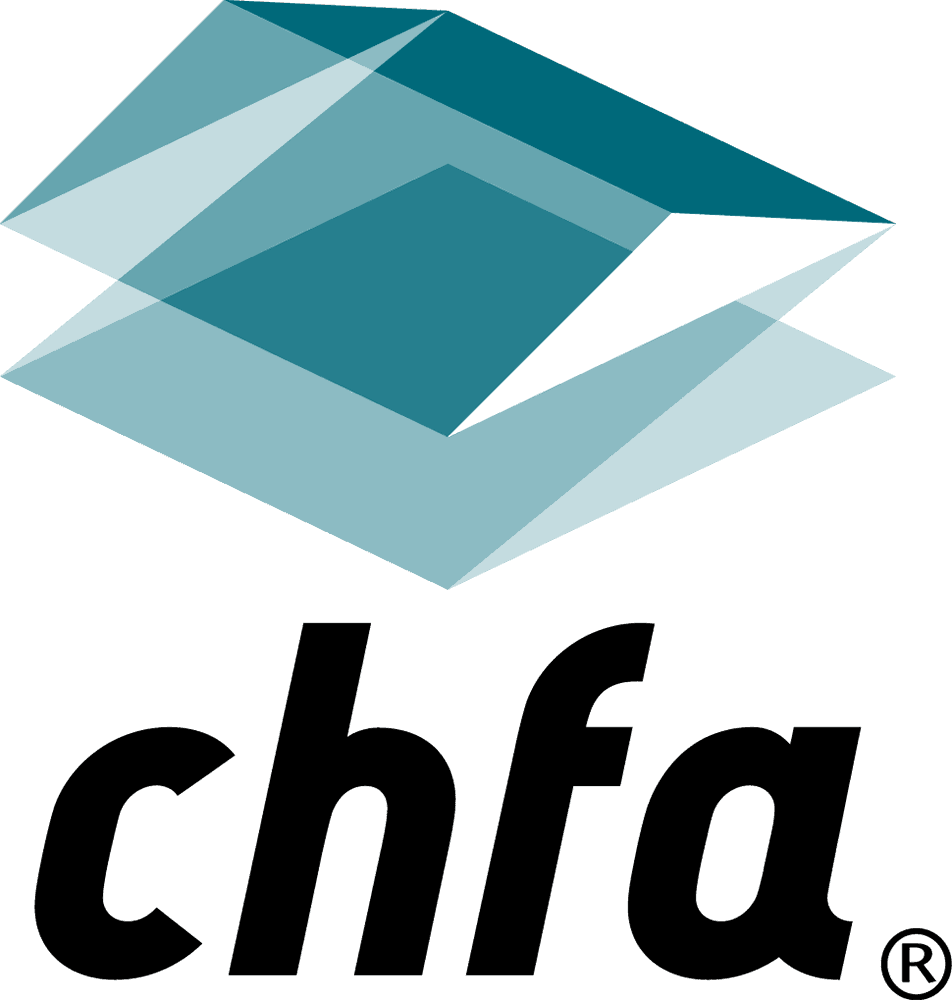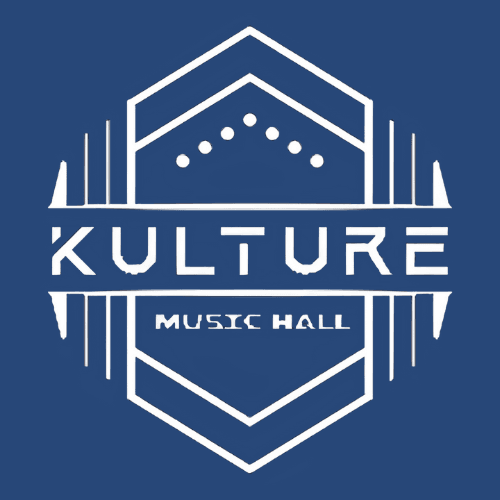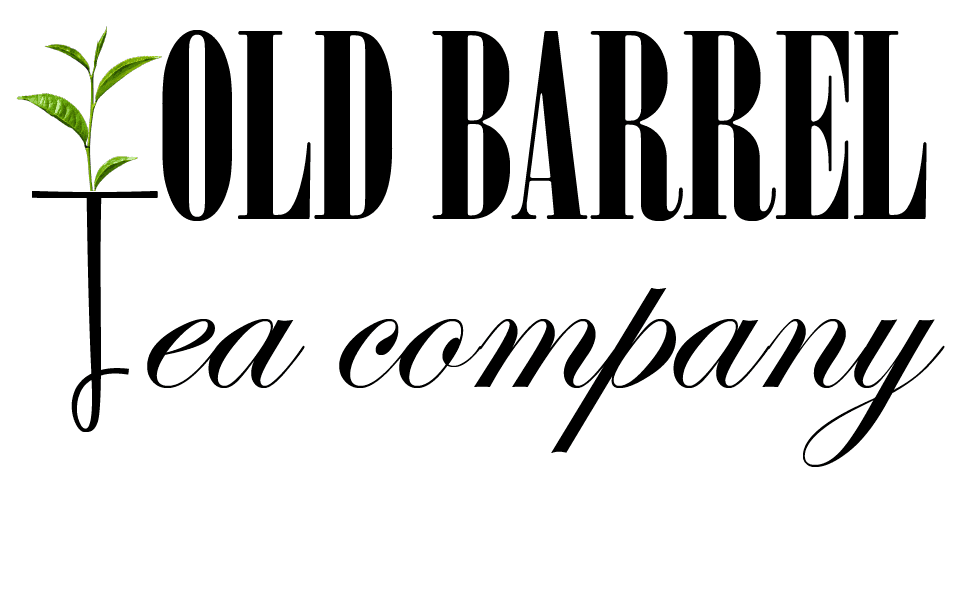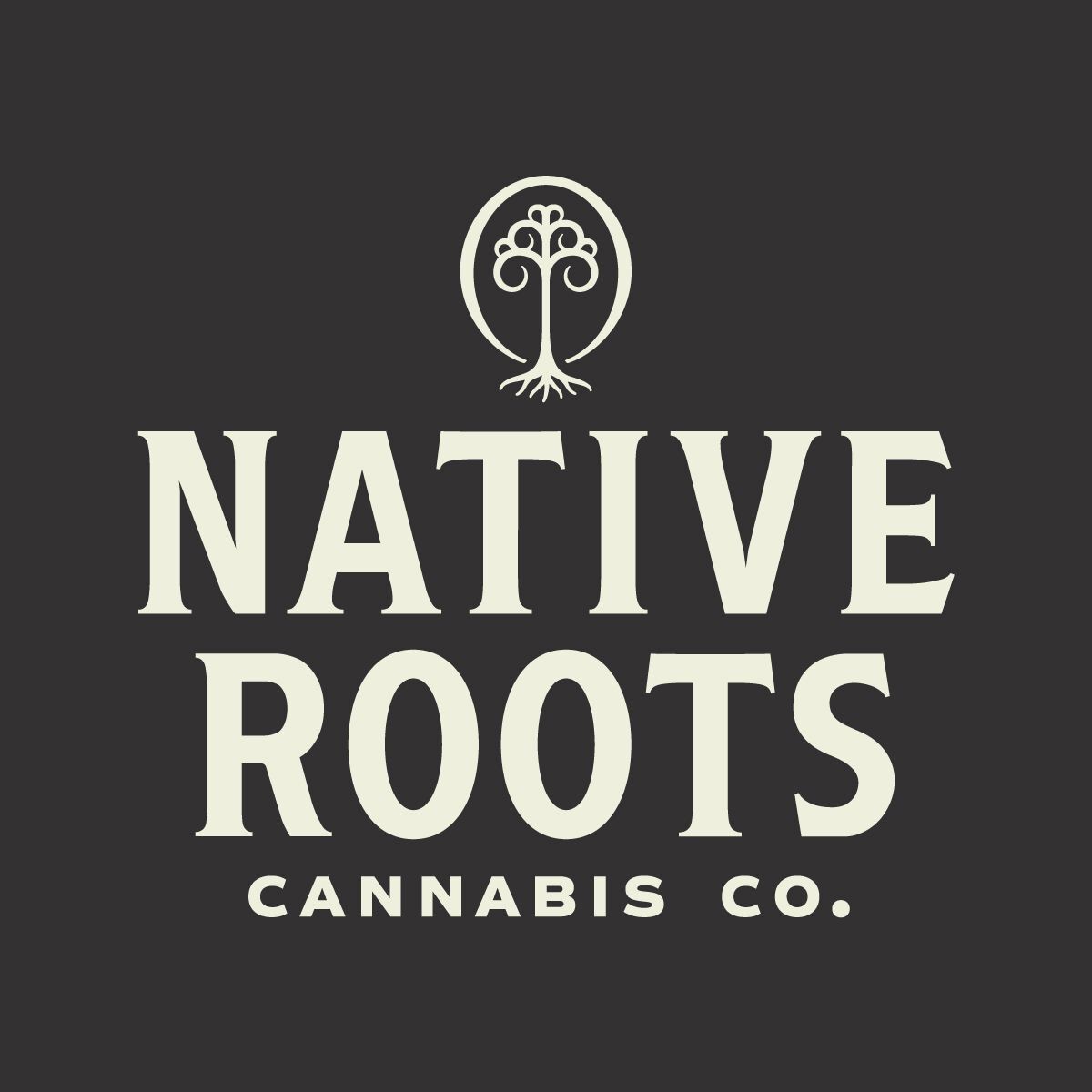March is Deaf History Month.
By Brooke Elbert, Communications Coordinator
This month, we wish to acknowledge the Deaf, DeafBlind, DeafDisabled, and Hard of Hearing (DDBDDHH) community and the way mainstream misconceptions can present these individuals with unique challenges. By better understanding Deaf Culture and further considering the trials that they face, we have the ability to empower survivors of sexual assault who are part of this community in their healing process.
One common misconception is that the DDBDDHH community are often assumed to have a “disability” from being unable to hear. Consequently, those in this community face challenges such as being seen only for their presumed deficiencies and what they’re unable to do. However, this assumption can be quite damaging. In all reality, those within the DDBDDHH community are a part of a culture that does not adhere to a more mainstream culture of hearing. Once we better understand this perspective, we’re able to see how cultures such as Deaf Culture become marginalized and judged based on majority standards. It’s time to shift this narrow viewpoint that DDBDDHH individuals are in need of a “cure.” Instead, it’s time to recognize that this is a culture of shared experiences, and diverse (but equally effective) mediums of communication. American Sign Language (ASL) is just one example of the many different communication styles that the DDBDDHH community values. Those in this community are often challenged with language barriers when communicating with those who do not speak or understand ASL, lip reading, DeafBlind manual, and more. Language is one of many valuable cultural artifacts to the Deaf and Hard of Hearing Community.
While sexual assault is a tragic event for any survivor, its repercussions can be especially hindering for someone in the DDBDDHH community. “It is estimated that 50% of the Deaf Community has been sexually assaulted as children,” says MCASA. The misconception that Deaf and Hard of Hearing individuals are “disabled” may contribute to this startling statistic. According to the Deaf Power and Control Wheel, some forms of power taken over the survivor may include the use of language barriers to the abuser’s advantage. Regardless of whether the abuser is a part of the Deaf Community, they may ignore lack of consent, or even deny that the assault ever occurred. After being sexually assaulted, linguistic barriers to reporting become another obstacle that Deaf and Hard of Hearing survivors may face. Reporting is a difficult decision in itself; should a Deaf or Hard of Hearing individual make the decision to report, they may require a translator to assist them in communicating their needs. Not only does this mean more people become involved in this private situation, but it raises concern that needs will become lost in translation. Fear of miscommunication and invasions of privacy due to this language barrier will likely make the individual feel very hesitant to report.
Here at The Blue Bench, we’re committed to changing the conversation around sexual assault. Perhaps for the DDBDDHH community, we must begin the conversation. Fantastic organizations such as DOVE are doing this by making it their unique mission to help the DDBDDHH community overcome violence through empowerment. Because linguistic barriers play a significant role in whether a Deaf or Hard of Hearing survivor chooses (or is able to) report, DOVE provides communication access and culturally responsive services within legal, medical, and human services. Like The Blue Bench, DOVE is committed to believing all survivors and hosts several advocacy programs that empower survivors each step of the way. If you aren’t a part of the DDBDDHH community, there are still ways that you can make an impact. Consider the times; supporting the Deaf and Hard of Hearing community through the pandemic by wearing a clear mask or face shield will make communication easier for those who lip read. Encourage those around you to begin changing their perceptions about marginalized communities. After all, changing the conversation begins with changing our own biases, and that of those around us. Finally, supporting survivor support centers like The Blue Bench and DOVE is an excellent way to continue empowering survivors in every community.
If you're a member of the DDBDDHH Community and a survivor of sexual assault in need of support, please consider reaching out to DOVE's 24-hour hotline:
303-731-7874 VP (Video Phone) Number.
